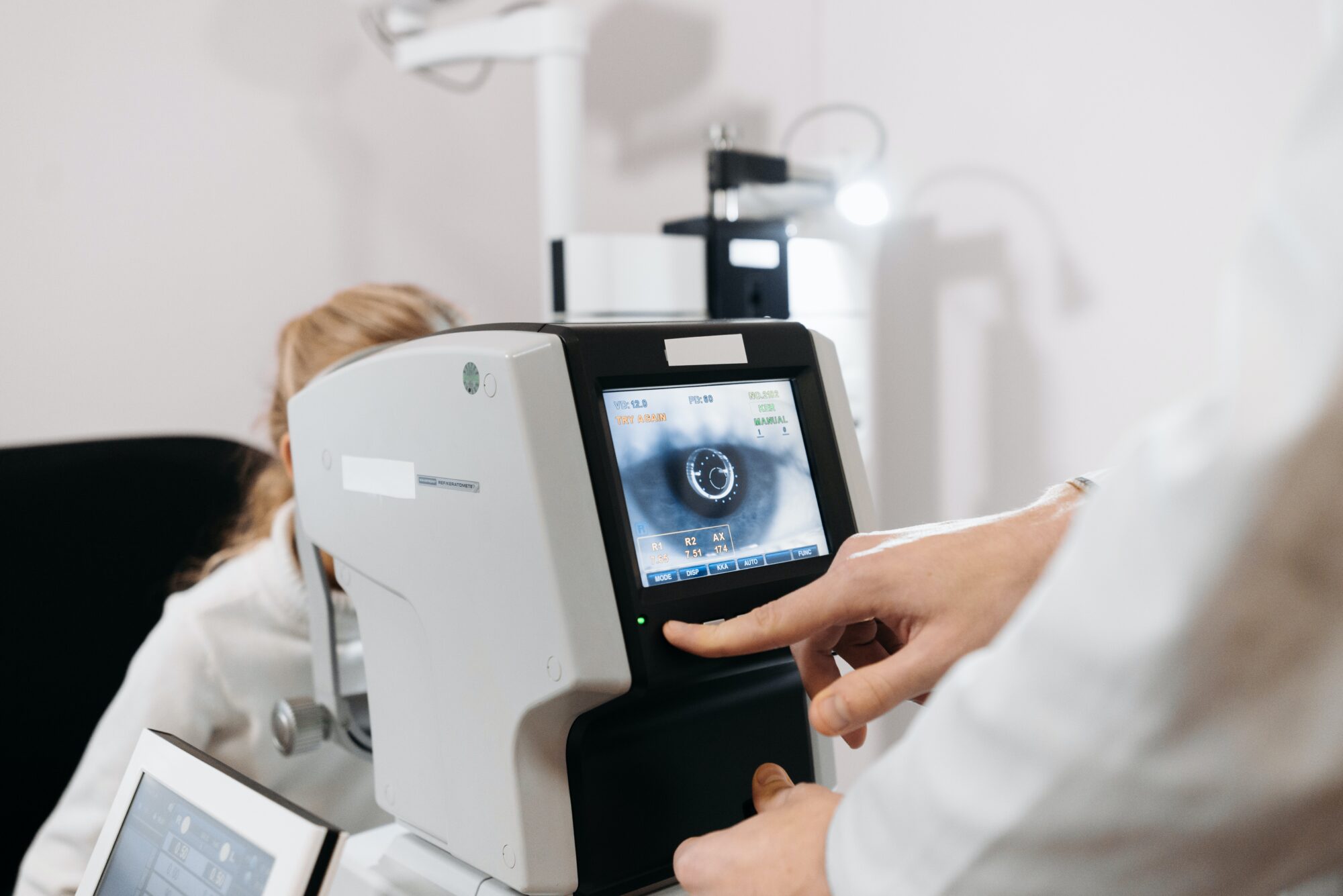12 Questions to Ask Yourself Before Getting LASIK

Are you considering getting LASIK? It’s a big decision and one that shouldn’t be taken lightly.
LASIK is done to correct eyesight, but you may have questions or concerns before going through the procedure. There are a lot of things to consider before taking the plunge.
Here are 12 questions to ask yourself before making your decision.
1. Are You A Good Candidate for LASIK?
The best candidates for LASIK are those over 18 years old, have had a stable prescription for at least two years, and have healthy eyes with no significant eye diseases.
2. What are the Benefits of LASIK Surgery?
There are many benefits of LASIK surgery, including the following:
- It significantly improves your vision. In many cases, patients who undergo LASIK surgery achieve 20/20 vision or better.
- It has a very high success rate. More than 96% of patients achieve their desired level of vision after LASIK surgery.
- It is a long-lasting treatment. For most patients, LASIK provides permanent results that do not need to be repeated over time.
- It can save you money in the long run. Although the initial cost of LASIK surgery may be higher than the cost of glasses or contact lenses, you will likely save money in the long run by not having to purchase glasses or contact lenses regularly.
3. What Will the Surgery Entail?
Before undergoing laser eye surgery, you’ll undergo an initial consultation and an eye exam with your doctor to assess your eligibility. If you are considered a good candidate during the initial evaluation, you’ll proceed with the next step in the process. Your doctor will formulate a treatment plan and schedule a surgical appointment for you.
During LASIK surgery, an eye surgeon will create a small flap in your cornea and then use a laser to reshape your cornea so that light can enter your eye properly and you can see clearly.
4. Should You Go for Standard LASIK or Custom LASIK?
There are pros and cons to both standard LASIK and custom LASIK, so you will need to talk with your eye surgeon about which option is best for your unique eyes.
Standard LASIK is typically less expensive but has fewer customization options. In contrast, custom LASIK can be more costly but offers improved precision, targeting specific areas of the cornea for optimal results.
5. What are the Risks and Side Effects Associated with LASIK?
Some risks associated with LASIK include dry eyes, temporary visual problems such as halos or glare, and infections. However, these risks are rare and usually go away within a few days or weeks after surgery.
6. How Long Will the Surgery Take?
The actual surgery takes about 10 minutes per eye, but you should plan on being at the surgeon’s office for several hours since you will need time to recover from the numbing drops used during the procedure.
Recovery from LASIK varies from patient to patient. Typically, it takes several days or weeks to completely heal from LASIK surgery, but most patients can return to normal activities within a few days.
7. How Long Will it Take for Vision to Improve?
Most people see an immediate improvement in their vision after surgery, but it may take a few days or weeks for your vision to stabilize completely.
8. How much will LASIK Surgery Cost?
The average cost of LASIK surgery is $4,500 for both eyes, but this may vary depending on several factors, such as your vision prescription, the type of laser used, your location, and doctor’s fees. You should talk to your eye surgeon about how much your surgery will cost, as well as your payment options.
9. Is there Financing Available?
Yes, financing options for LASIK surgery are available through many different companies, such as Care Credit and American HealthCare Lending. Other ways to pay for LASIK surgery include:
- Using your health insurance.
- Taking out a personal loan.
- Setting up a payment plan with your eye surgeon.
10. What are the Long-Term Effects of LASIK?
In most cases, the long-term effects of LASIK are favorable; however, some people may experience permanent dry eyes or other complications.
11. What if Something Goes Wrong?
If something goes wrong during or after your surgery, you should contact your surgeon immediately. Most surgeons have 24-hour hotlines that you can call if you have any concerns.
12. Will Insurance Cover LASIK Surgery?
In most cases, insurance does not cover LASIK surgery because it is considered elective. However, some insurance plans may cover part of the cost if it is medically necessary.
Conclusion
Laser vision correction is ideal for patients with blurry vision, nearsightedness, farsightedness, or astigmatism. If you are considering LASIK surgery, talk to your eye surgeon about all your treatment options.
Overall, LASIK surgery is a safe and effective surgical procedure that can help you achieve clearer vision. If you are interested in LASIK, talk to your eye surgeon about whether it is the right option.

Leave a Reply
You must be logged in to post a comment.